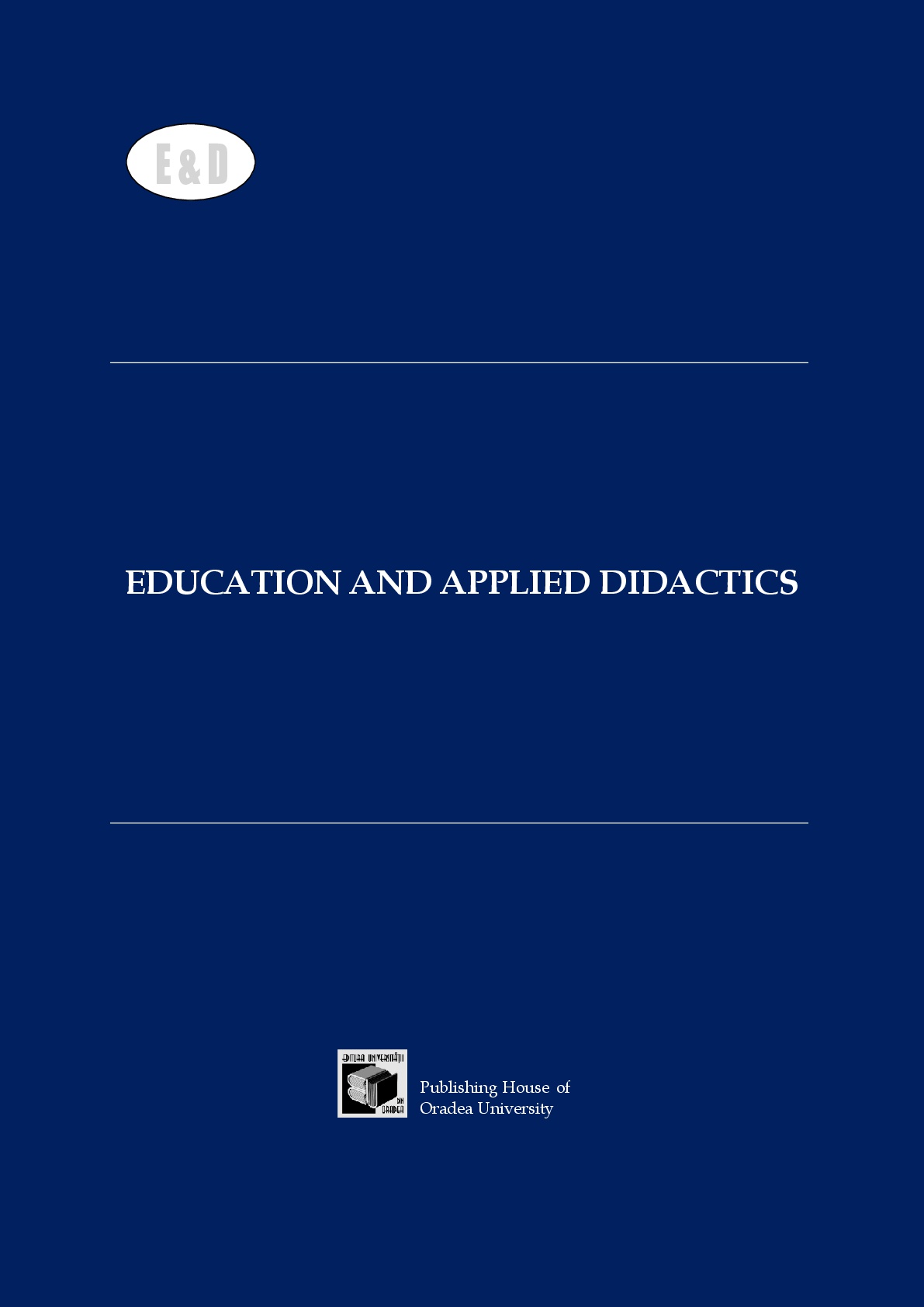ADVANCING UNDERSTANDING AND INTERVENTIONS FOR ADHD: A REVIEW AND PRELIMINARY ASSESSMENT OF THERAPEUTIC APPROACHES
ADVANCING UNDERSTANDING AND INTERVENTIONS FOR ADHD: A REVIEW AND PRELIMINARY ASSESSMENT OF THERAPEUTIC APPROACHES
Author(s): Florina Nica, Dan PătrocSubject(s): Social Sciences, Education
Published by: EDITURA UNIVERSITĂȚII DIN ORADEA
Keywords: ADHD; neuropsychiatric syndrome; therapeutic intervention; multimodal approach; emotional disturbances; behavioral manifestations; prevalence; educational impact; cognitive function; executive process
Summary/Abstract: Attention deficit hyperactivity disorder (ADHD) is a complex neuropsychiatric syndrome defined solely by behavioural traits, lacking specific biological markers, and presenting a continuously distributed spectrum across the population. This disorder poses a significant challenge for children, families, educators, psychologists, and researchers. Due to its high prevalence and profound impact on children's school behavior, addressing ADHD and mitigating its negative effects on children and families are imperative. School professionals need proper training to identify and support students with ADHD, necessitating a collaborative, multi-modal approach involving parents, teachers, psychologists, and clinicians. The core definitions of ADHD revolve around high levels of impulsivity, hyperactivity, and inattention, mainly observed through behavioral manifestations. ADHD significantly affects cognitive function, executive processes, and neuropsychological self-regulation. Prevalence rates of ADHD vary globally across age groups and regions, making it one of the most frequently diagnosed neurodevelopmental disorders among children and adolescents. A multimodal treatment approach combining psychological interventions with medical treatment has proven to be most effective. This study presents a preliminary evaluation of therapeutic interventions for children with ADHD, aiming to assess their efficiency in reducing ADHD symptoms and emotional effects. The research involved 24 Romanian children aged 5-7, with half receiving specialized therapeutic interventions. The results indicate a significant reduction in ADHD symptom severity for children receiving therapy. However, therapy alone did not significantly alleviate emotional disturbances. Overall, effective interventions are crucial for managing ADHD symptoms, enhancing functioning in various contexts, and improving the well-being and academic success of affected individuals.
Journal: EDUCATION AND APPLIED DIDACTICS
- Issue Year: 7/2023
- Issue No: 1
- Page Range: 41-51
- Page Count: 11
- Language: English

